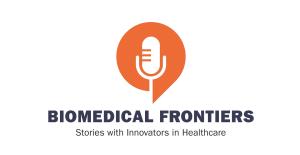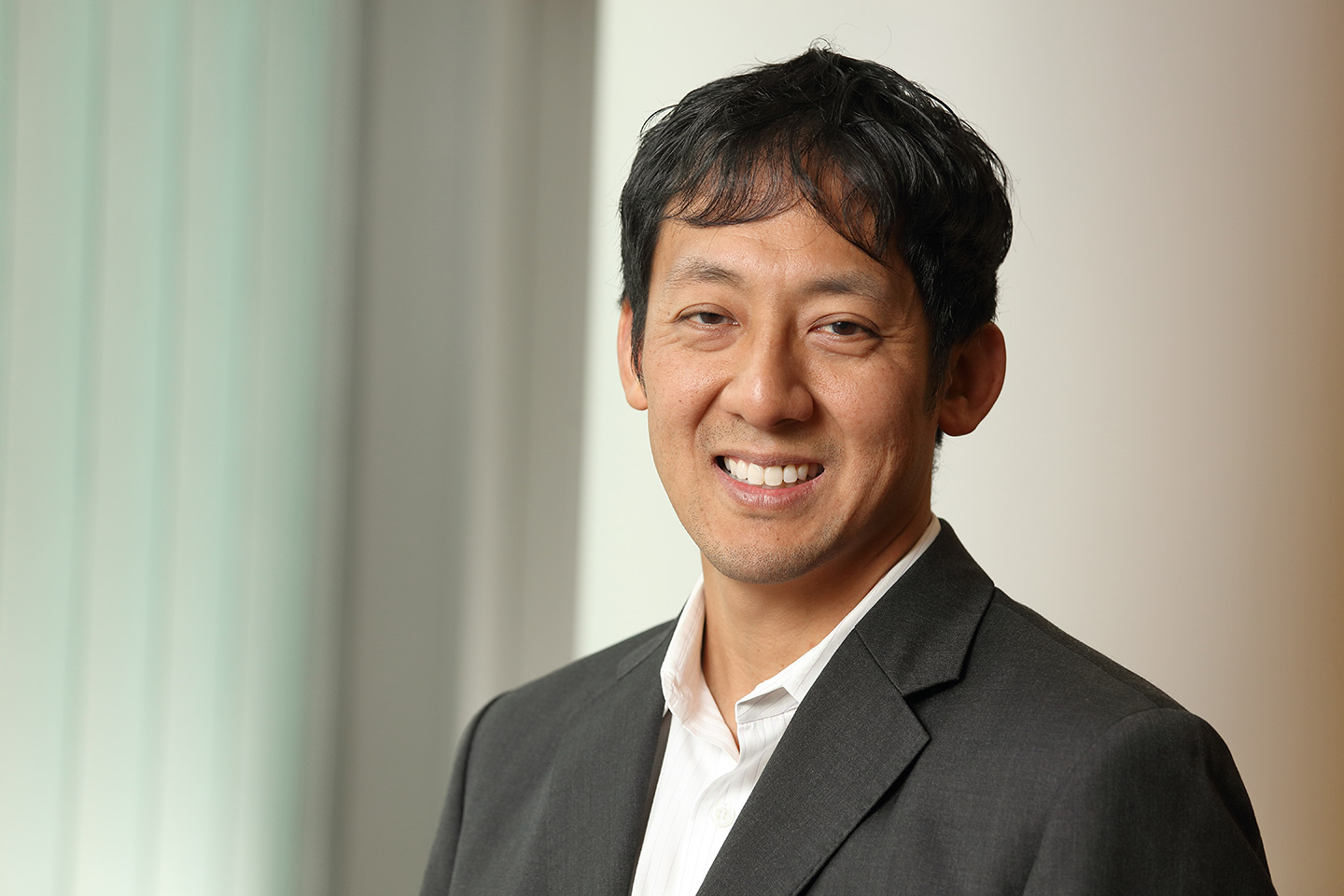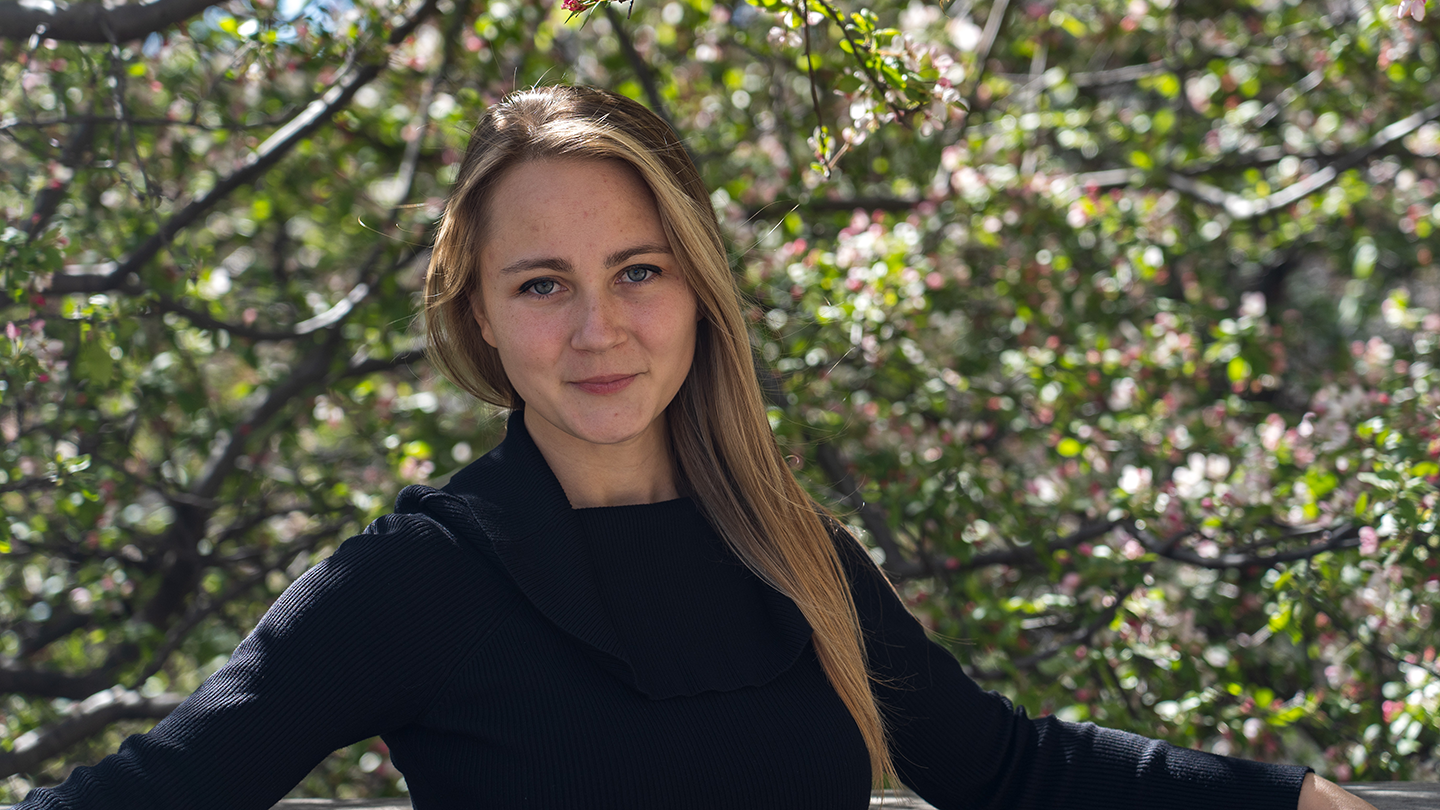
Translational research can be full of twists and turns. In the debut podcast of the Wallace H. Coulter Center for Translational Research at the University of Virginia, David Chen, founding managing director, talks with experts about how they take raw science and turn it into real-world medical solutions.

David Chen leads the UVA Wallace H. Coulter Center for Translational Research. (Photo by Tom Cogill for UVA Engineering)
The Coulter Center is part of the UVA Department of Biomedical Engineering. The center focuses on carrying forward the discoveries made by biomedical engineering researchers to serve the most pressing needs of society.
To Chen, it’s important to show the public not only how innovators succeed in taking research insights further, faster, but also how they stumble. Their paths to understanding are usually non-linear, circuitous and less traveled, Chen said.
“Research is non-obvious. You’re thinking hard, and you’re trying to do new things," said Chen. People come across failure, but it’s a necessary ingredient for ultimate success. How do we talk about this?”
People come across failure, but it’s a necessary ingredient for ultimate success. How do we talk about this?”
To reveal the richness of thought behind translational breakthroughs at UVA and beyond, the Coulter Center is taking a long-form storytelling approach to its first podcast, “Biomedical Frontiers: Stories with Innovators in Healthcare.”
Season one guests include:
- Nathan Price, Coulter Center oversight board member, chief science officer of Thorne Health and co-author of “The Age of Scientific Wellness: Why the Future of Medicine is Personalized, Predictive, Data Rich and in Your Hands”;
- Silvia Blemker, professor of biomedical engineering, is an expert in modeling muscles with MRI and AI for personalized musculoskeletal health;
- Natasha Sheybani, an assistant professor of biomedical engineering who studies focused ultrasound immunotherapy at UVA and is one of Forbes’ 30 under 30 in Science; and
- Jennifer L. West, dean of the University of Virginia School of Engineering and Applied Science and a member of the National Academy of Engineering, the National Academy of Medicine and the National Academy of Inventors.
To Chen, the subject matter speaks to the wider mission of the Coulter Center: science serving humanity. “It’s important to how we think about translation,” Chen said. “How do we take the great science that happens at the university and universities everywhere, and make significant contributions to society?”
Chen hopes that listeners come away with renewed curiosity and a sense of connection to the innovators. Behind the pursuit of solutions that reshape medical practice and patient outcomes are curious, collaborative people who hit roadblocks and stay in a state of learning.
“Great science is not built strictly on 100% success,” Chen said. “There’s probably a lot of things that didn’t work out exactly as planned. I think that’s an important life lesson, a societal lesson.”
Hosted by UVA alumna Dasha Tyshlek, a 2015 engineering science graduate and chief strategy officer at StratCraft Partners, each episode will explore the innovators’ earliest memories of what drew them to science and engineering, the technologies they’re working with, and the ethical and logistical implications of implementing those technologies.
Tech to be discussed this season includes artificial intelligence, focused ultrasound and digital twins, or simulations of patient biology.
Guests will also share what they envision for the future of healthcare and the problems that still stump them.
“The field of biomedical engineering is changing so rapidly,” Tyshlek said. “By diving into the work of scientists, clinicians, and entrepreneurs who are developing promising solutions, we hope to build connections that will accelerate their work while also providing continuing education and exploration of this fascinating field to our alumni around the world.”

Dasha Tyshlek, UVA alumna and founder of Strat-Craft, hosts the Biomedical Frontiers podcast.